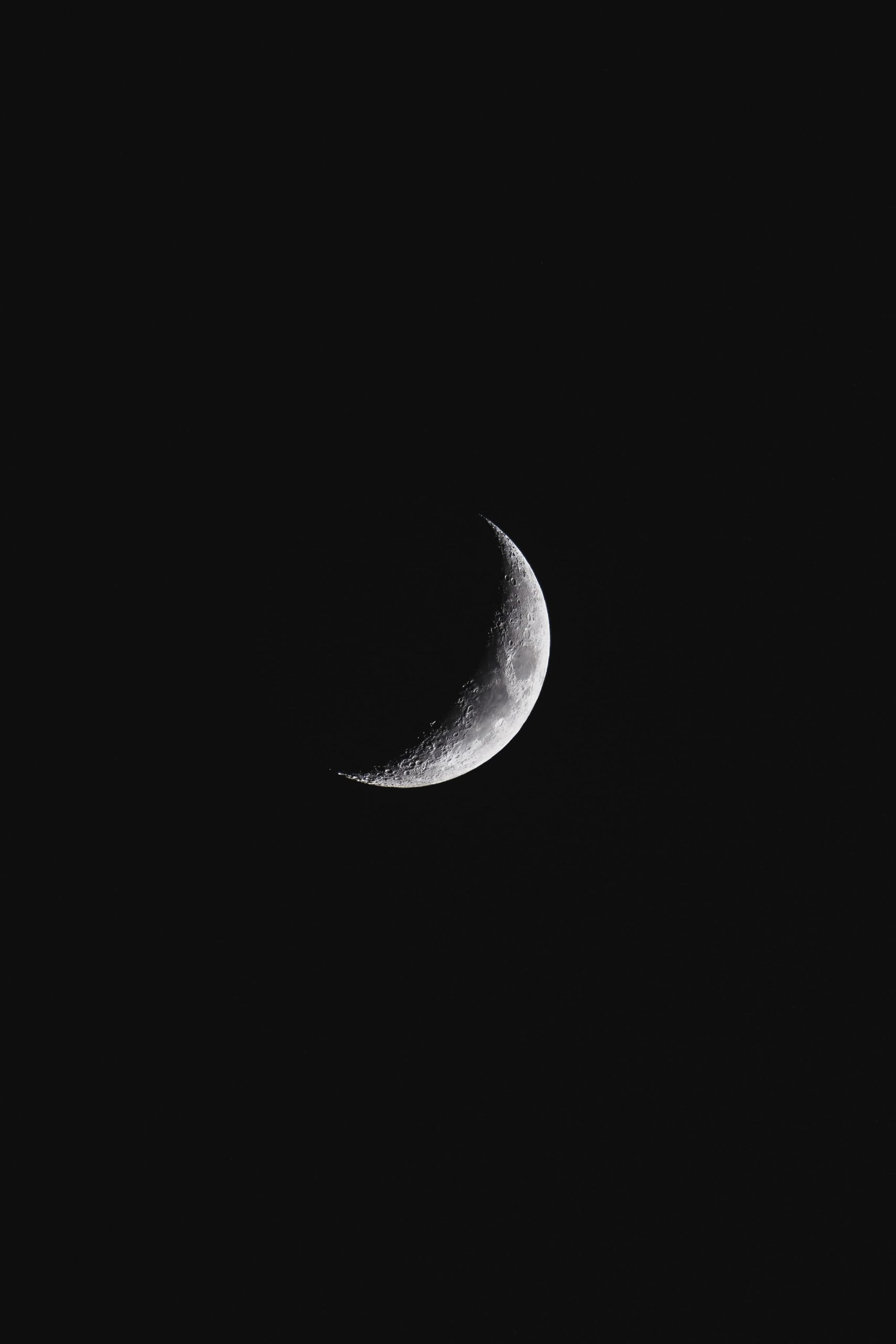Understanding Out of Body Experiences during Anesthesia
Anesthesia is a medical procedure that has revolutionized the way surgical interventions are performed. It allows patients to undergo procedures without feeling pain or discomfort. However, some individuals report experiencing a phenomenon known as an out of body experience (OBE) while under anesthesia. This surreal occurrence has captivated the interest of scientists, psychologists, and even philosophers for centuries. In this blog post, we will delve into the fascinating world of out of body experiences during anesthesia, exploring their origins, potential explanations, and the ongoing scientific research in this field.
What is an Out of Body Experience?
An out of body experience is a disembodied sensation where an individual feels as though their consciousness or awareness is separate from their physical body. During an OBE, people often report observing their body from an external perspective or traveling to different locations beyond their physical surroundings. These experiences can be accompanied by feelings of serenity, time distortion, visual hallucinations, and a heightened state of consciousness.
OBEs have been documented throughout history, with accounts dating back to ancient civilizations. Many cultures describe similar experiences, often associated with near-death experiences, spiritual practices, or deep meditative states.
Out of Body Experiences and Anesthesia
Out of body experiences during anesthesia have become a topic of great interest for researchers. Patients who undergo certain types of anesthesia, such as general anesthesia or dissociative anesthesia, have reported experiencing OBEs.
General anesthesia aims to induce a reversible loss of consciousness and sensation, allowing surgeons to perform procedures without causing pain or discomfort to the patient. Dissociative anesthesia, on the other hand, creates a state of detachment from one’s surroundings while maintaining conscious awareness. This disconnection from sensory input may contribute to the occurrence of OBEs during anesthesia.
Despite the anecdotal evidence provided by patients, medical professionals have long debated the validity and nature of these experiences. Skeptics argue that OBEs during anesthesia are mere hallucinations or a result of the drug-induced altered state of consciousness. However, others believe that these experiences hold profound meaning and may provide valuable insights into the nature of consciousness itself.
Understanding the Mechanisms
Several theories have been proposed to explain the occurrence of out of body experiences during anesthesia:
Neurophysiological Explanations
One of the leading theories suggests that OBEs may arise from the disruption of normal brain functioning caused by anesthesia drugs. Certain brain regions involved in integrating sensory information could be affected, leading to distorted self-perception and a sense of detachment from the physical body.
This theory is supported by studies using functional magnetic resonance imaging (fMRI) that have shown alterations in brain activity during anesthesia, particularly in regions associated with self-awareness and body representation. However, more research is needed to fully understand the complex interplay between anesthesia and the brain mechanisms underlying OBEs.
Psychological and Cognitive Factors
Psychological and cognitive factors can also contribute to the occurrence of OBEs during anesthesia. Some researchers propose that prior beliefs, cultural influences, and individual susceptibility to dissociative experiences may play a role.
Additionally, the stress and anxiety associated with surgery itself can influence a patient’s mindset, making them more prone to experiencing altered states of consciousness, including OBEs. However, further investigation is necessary to determine the precise role of these factors.
Scientific Studies on OBEs during Anesthesia
The scientific exploration of out of body experiences during anesthesia is relatively new and continues to evolve. Researchers have developed innovative studies to investigate the phenomenon, striving to unravel the underlying mechanisms and shed light on the nature of consciousness. While the results are still inconclusive, the studies have provided intriguing insights:
The AWARE Study
One notable study worth mentioning is the AWARE (AWAreness during REsuscitation) study, conducted in 2014. The researchers aimed to examine the prevalence of awareness, including OBEs, in patients who underwent cardiac arrest and were later revived.
Although the study did not specifically focus on anesthesia-induced OBEs, it revealed that 2% of cardiac arrest survivors reported explicit memories during the period in which they were clinically dead. Some of these memories included OBEs, further emphasizing the connection between altered states of consciousness and extraordinary experiences.
The Implications and Significance of OBEs during Anesthesia
Out of body experiences during anesthesia pose intriguing questions about the nature of consciousness, the mind-body relationship, and the boundaries of human experience. While the scientific community is still in the early stages of understanding this phenomenon, OBEs may provide valuable insights into the mysteries of human consciousness.
Moreover, physicians and healthcare professionals need to acknowledge and address patient reports of OBEs during anesthesia. By validating these experiences and providing support, healthcare providers can enhance patient care and recovery.
In Conclusion
Out of body experiences during anesthesia remain a fascinating and intriguing topic. While anecdotal accounts have intrigued scientists and sparked further investigation, understanding the mechanisms underlying these experiences requires rigorous scientific exploration.
Future scientific studies and advancements in neuroimaging techniques hold promise for shedding light on the mechanisms and significance of OBEs during anesthesia. By integrating knowledge from various disciplines, we may inch closer to unraveling the enigmatic nature of consciousness, providing a deeper understanding of our own minds and experiences.
References:
- Greyson, B. (2017). Dissociation in people who have near-death experiences: out of their bodies or out of their minds? The Lancet Psychiatry, 4(3), 212–213.
- Nour, M. M., Edelstyn, N. M., & Aziz, T. Z. (2016). The relationship between the out-of-body experience, self-processing mechanisms and the cognitive inhibition of reality. Cortex, 83, 228–238.
- Parnia, S., Spearpoint, K., de Vos, G., Fenwick, P., Goldberg, D., Yang, J., Zhu, J., Baker, K., Killingback, H., McLean, P., Wood, M., Zafari, A. M., Dickert, N., & Beisteiner, R. (2014). AWARE—AWAreness during REsuscitation—A prospective study. Resuscitation, 85(12), 1799–1805.
Table of Contents
